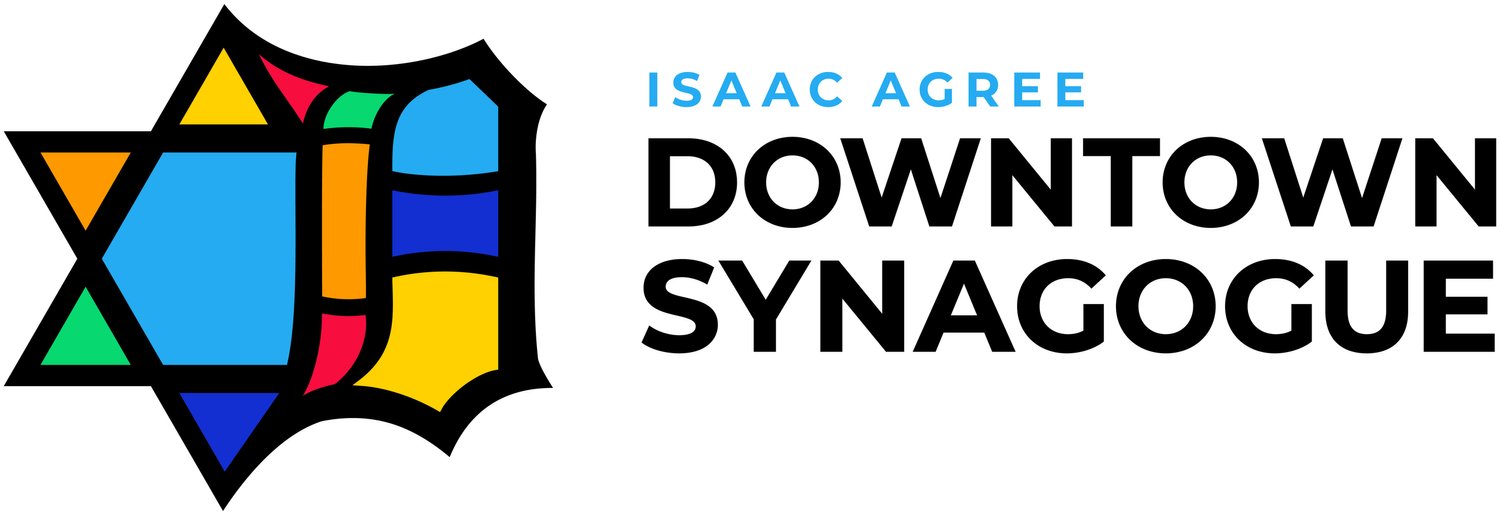Our Torah portion this week, Sh'lach L'cha, challenges us to question what we choose to see. Moses, residing with the Israelites in the wilderness, sends twelve scouts into the Promised Land. When they return with their report, ten of them warn that trying to settle there would be impossible, while two of them, Joshua and Caleb, are confident that the Israelites will succeed.
After the scouts report, the Israelites despair and want to turn back to Egypt. Furious at their lack of faith, God punishes the people by forcing them to wander in the desert until that generation has died. It is only Joshua and Caleb, the tribe of Levi, and the children who were born in the wilderness, that are allowed to enter the Promised Land.
We are living in a time when what we choose to see can change the future of our country. What do we see in the news coverage of a protest or when we march in a protest ourselves? What do we see when we watch a video of a man being murdered? What do we see when today's date, June 19, Juneteenth, appears on our calendars? These have all happened before--do we see them differently this time?
And what do we envision for the future?
The scouts traversed the same land but saw different things and envisioned different futures. What do we choose to see? Whose reports do we choose to believe? And which of us will be able to enter a different future?
This week I encourage us to be very aware of what we are choosing to see and envision. In a world with so much brokenness, there are many things we cannot control or change. We can control what we choose to see. And sometimes, that can change everything.

